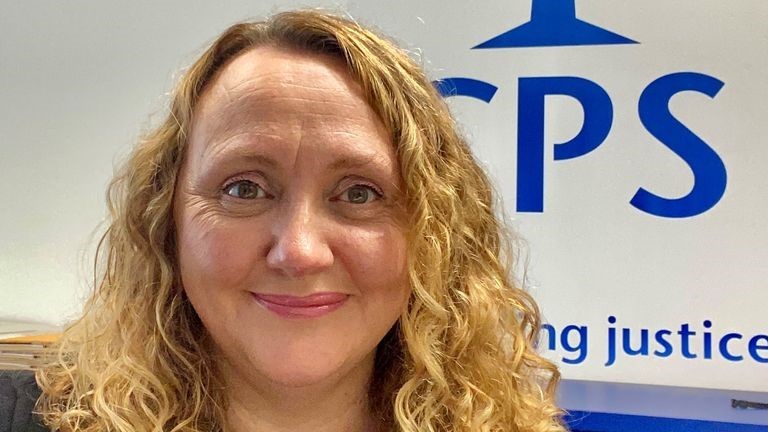CPS Hate Crime Newsletter 29, October 2021
- Welcome to the Hate Crime Newsletter
- Hate Crime Awareness Week 2021
- “I’m proud of the criminal justice system’s clear commitment to tackling hate crimes” - The Rt Hon Suella Braverman QC MP, Attorney General of England and Wales
- Early Advice Pilot
- Tackling racism in football
- Engaging with our communities
- Case studies
- Download this newsletter in PDF format (780kb)
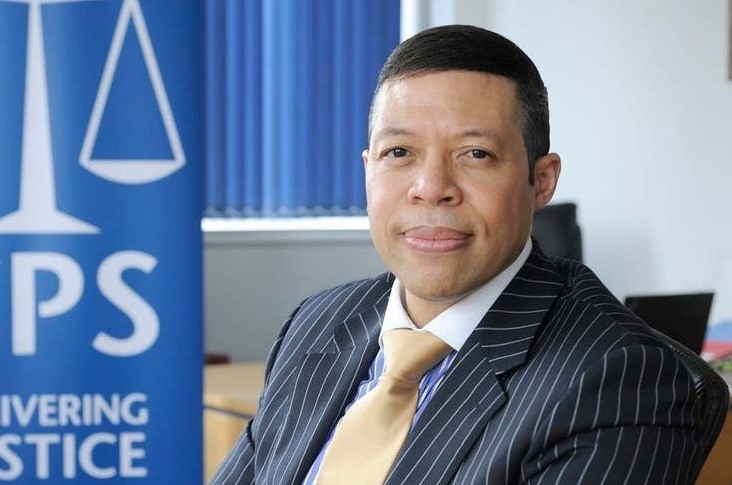
I’m delighted to introduce the Hate Crime Newsletter. Not only is it my first edition as the CPS hate crime lead, but this is also a special edition to mark Hate Crime Awareness Week.
Firstly, I’d like to introduce myself. I’ve worked for the CPS in a range of roles – joining from the independent bar in 2005 as a Rape and Domestic Violence Specialist Prosecutor. More recently I served as the Deputy Chief Crown Prosecutor (DCCP) in the West Midlands and last September, I was appointed as the Chief Crown Prosecutor (CCP) for London South. This meant that I became the first black male CCP since the CPS was founded in 1986. This watershed moment in the history of the CPS is one I am very proud of. I’m privileged to take on the role of hate crime lead for the CPS and look forward to working with our partners, communities and CPS staff to continue to tackle these unacceptable crimes.
Since the last newsletter, we’ve been busy working with partners and communities. In July, we held a Community Accountability Forum on hate crime. In August, we published our new hate crime leaflet to help our communities recognise hate crime and know how to report it. In September, I met the National Police Chiefs Council’s hate crime lead, DCC Mark Hamilton. We discussed our new joint statement on how prosecutors and police work together to tackle hate crime.
Your views are important to us and earlier this year, we asked you to tell us what you think about this newsletter. Thank you to everyone who responded to our survey – we’ve listened to your feedback and we’ve made some changes. I hope you enjoy this issue and continue to find the newsletter valuable. As always, we welcome your feedback and suggestions for articles. If you are interested in submitting an article, please email [email protected] and include photos to accompany it.
Lionel Idan, Chief Crown Prosecutor and CPS hate crime lead
Early Advice Pilot
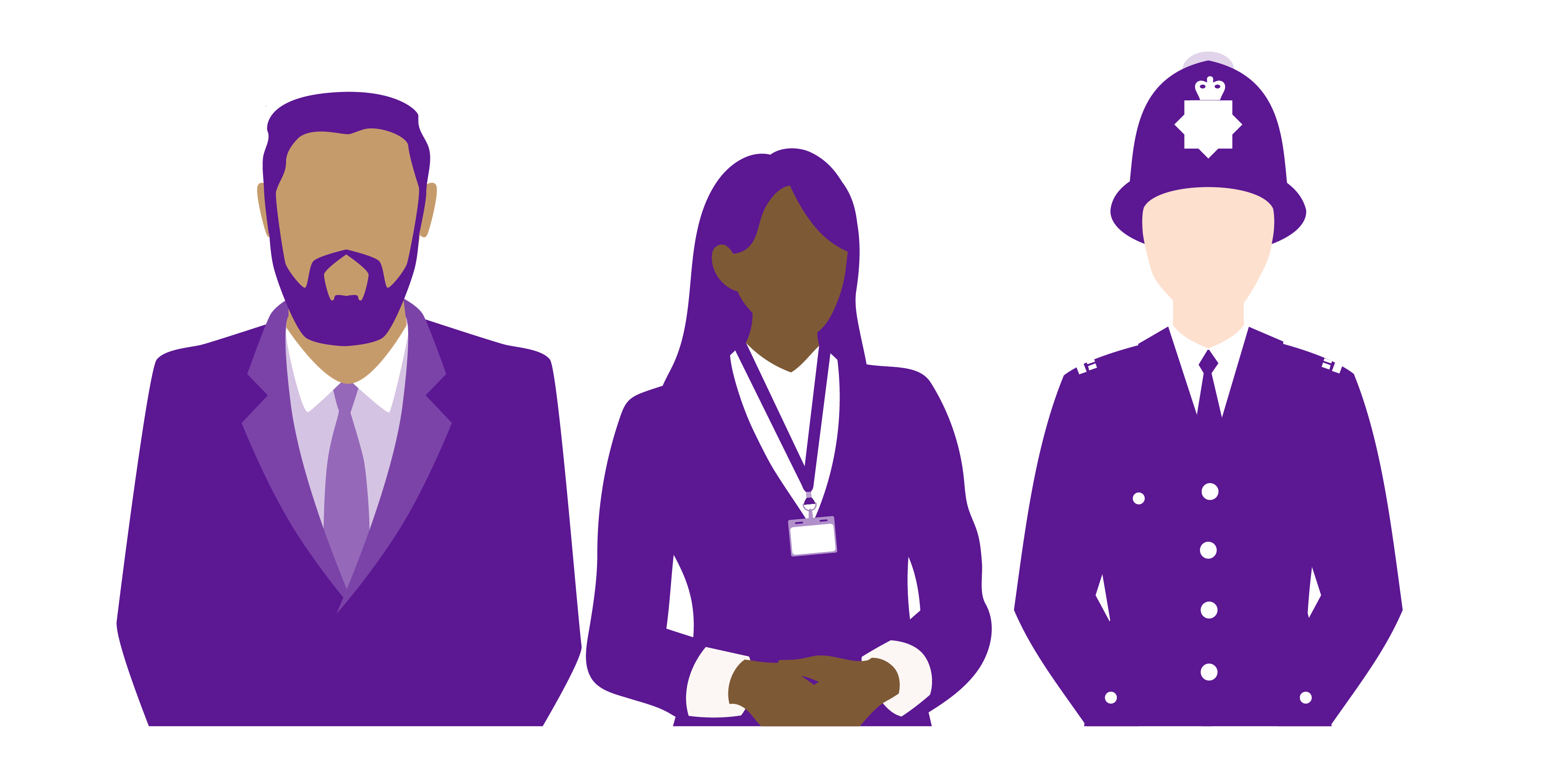
Last year, CPS North West and Greater Manchester Police designed a project to enhance how they work together in the early stages of hate crime cases. The pilot gave CPS lawyers an opportunity to help shape the investigation at an earlier stage - from the point of police triage - meaning that we could better prepare cases for prosecution.
The pilot came about following a community conversation we held with the Muslim community in Greater Manchester. It was clear that their confidence in the criminal justice system bringing offenders of hate crime to justice was very low. We found that in early 2019 in Bolton only 7 of 270 hate crime reports to the police were referred to CPS – it was clear that more needed to be done at the early stages to ensure cases could be brought to prosecution.
As part of the project, we sit down with Greater Manchester Police on a weekly basis to review all reported hate crime in Bolton, and cases are only closed when we both agree.
The pilot aimed to increase the number of referrals from the police to the CPS by 50% - data shows that we’ve seen an increase of 147.6%, well exceeding our target. The number of defendants convicted for hate crimes in Bolton also increased to 97.6% (up from 80.6% last year), and 87.2% offenders had their sentences increased because the court agreed that the crime was a hate crime (up from 58.6% last year).
Chief Superintendent Rick Jackson, hate crime area lead for Greater Manchester Police said: “We had been engaging community groups, charities and faith organisations throughout Manchester and improving our response to hate crime. Progress was being made, but we knew more was required. With this in mind, I jumped at the chance to work closely with CPS to improve the service we deliver. Initially starting in Bolton, the pilot has since expanded to Salford. The statistics speak for themselves, but more importantly, the feedback from victims is excellent, reflecting on the combined efforts of both GMP and CPS colleagues.”
The pilot, which began in Bolton, has now been extended to cover Salford. We’re now planning to broaden it across Greater Manchester – as well as sharing our learning with other parts of England and Wales.
Karen Saffman, Senior District Crown Prosectuor and CPS North West Hate Crime Coordinator
Engaging with our communities
Community Accountability Forum
We can’t beat hate crime alone, and that is why we work with community representatives and partners from across England and Wales. In July, the CPS held a Community Accountability Forum to discuss hate crime.
Mick Conboy, CPS policy lead for hate crime said: “The CAF is a really valuable meeting where we can hear directly from community representatives and organisations who support them – those who understand the concerns and needs of the people we serve best.
“Our latest CAF - on the topic of hate crime - provided a space for us to listen to the experiences of those impacted by these crimes and to better understand what more we can do. It also gave us an opportunity to share some of the work we’re doing to improve how we prosecute these crimes.
“Hate crime is constantly evolving – political changes or events in the news can lead to spikes in hate crime against different communities. Community engagement events, like the CAF, help us to stay ahead of these changes and better understand your real life experiences so we’ll continue to have these conversations both locally and nationally.”
Thank you to everyone who took time to attend the CAF, including our regular Hate Crime External Consultation Group members. Your input was extremely valuable. Speakers included: Dave Rich, Community Security Trust; Iman Abou-Atta, Tell MAMA; and Alan Bush, Kick It Out.
Working with Gypsy, Roma and Traveller communities in the South East
In April, we met with a local Gypsy-Traveller community group called Friends, Families and Travellers. They were concerned that none of the cases they’d reported had so far reached the CPS, and their trust in the criminal justice system was decreasing.
We spoke to the group about hate crime – what it is, how we prosecute it and how we apply for longer sentences for those convicted.
We’ve also set up a Local Scrutiny and Involvement Panel meeting to focus exclusively on the Gypsy-Traveller community - taking place during Hate Crime Awareness Week. We’ve invited representatives of the Gypsy-Traveller community, as well as colleagues from Surrey, Sussex, and Kent police forces.
The panel will give community members an opportunity to review case files with us and the police – to ask questions about our decision making, and to see what went well and what can be improved.
Ahead of the meeting, we’ve asked Friends, Families and Travellers to share the cases they’ve reported so we can examine these during the meeting.
We’ve already seen an increase in trust with the community, and I was really pleased that we’ve been invited us to speak to their youth group. We hope to restore trust - and for that trust to be extend to the next generation.
Emily Zinkin, Inclusion and Community Engagement Manager, CPS South East
Read more about what we learnt and what action we’re taking in our CAF blog
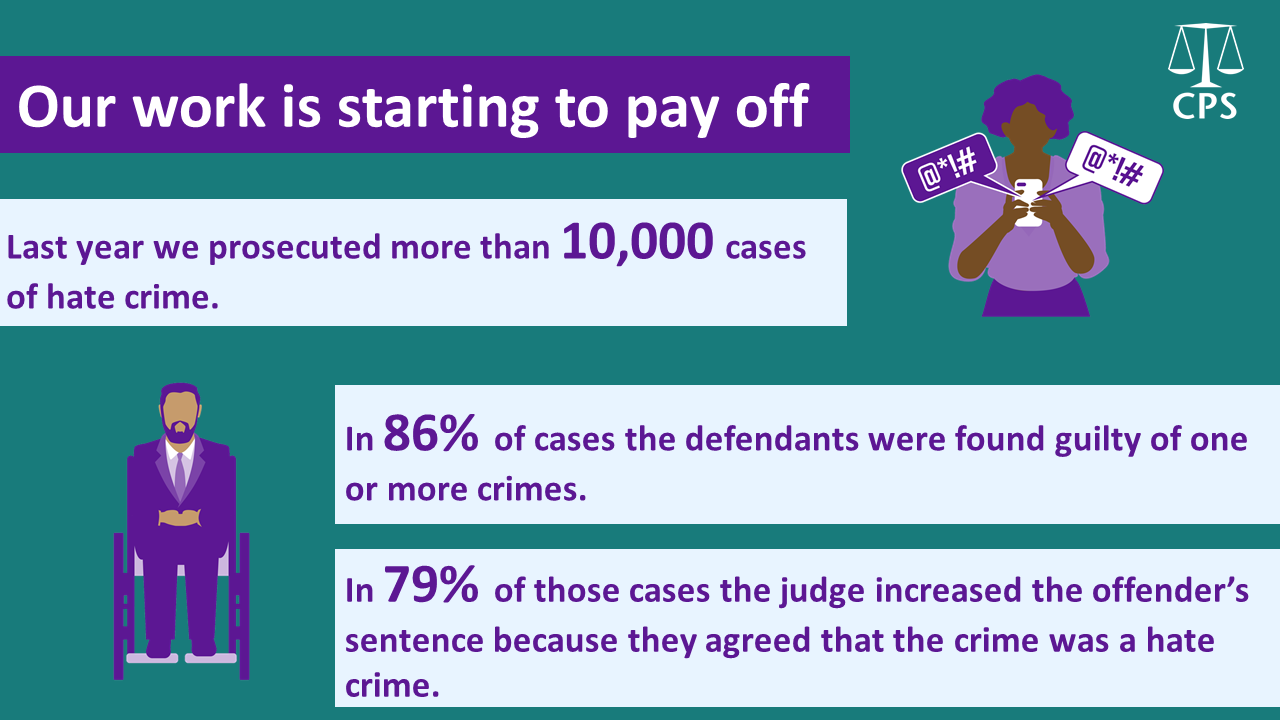

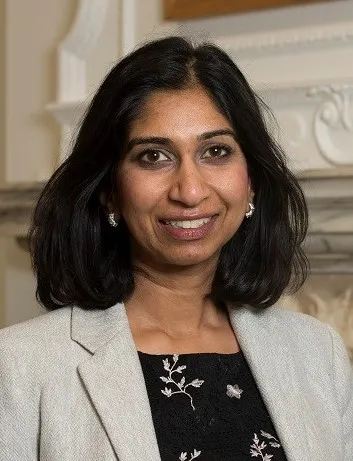
 Last summer, the England football team united a nation as they made their way to the final of Euro 2020. After all the difficulties of the COVID pandemic, it was great to finally come together with friends and family to watch a game that never felt more beautiful. Unfortunately, England's success was overshadowed by a troubling spike in online racism directed towards a number of young black players. The 'disease' of racism is not a new thing in football and is sadly representative of the abhorrent behaviour of a minority within our society.
Last summer, the England football team united a nation as they made their way to the final of Euro 2020. After all the difficulties of the COVID pandemic, it was great to finally come together with friends and family to watch a game that never felt more beautiful. Unfortunately, England's success was overshadowed by a troubling spike in online racism directed towards a number of young black players. The 'disease' of racism is not a new thing in football and is sadly representative of the abhorrent behaviour of a minority within our society.